 W
WGeorg Anton Friedrich Ast was a German philosopher and philologist.
 W
WKsenija Atanasijević (1894–1981) was the first recognised major female Serbian philosopher, and one of the first female professors of Belgrade University, where she graduated. She wrote about Giordano Bruno, ancient Greek philosophy and the history of Serbian philosophy, and translated important philosophical works into Serbian, including works by Aristotle and Plato. She was also an early Serbian feminist writer and philosopher.
 W
WFrithjof Bergmann is a Professor Emeritus of philosophy at the University of Michigan, where he has taught courses on existentialism, continental philosophy, Hegel and Marx. Furthermore, he is the founder of the New Work movement.
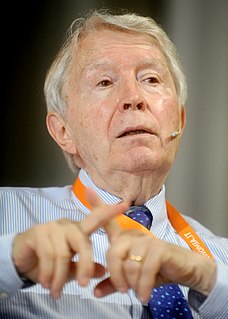 W
WRemo Bodei was an Italian philosopher. He was a Professor of the history of philosophy at the UCLA University, Los Angeles California, and also had taught at the University of Pisa and Scuola Normale Superiore di Pisa.
 W
WPriscilla MacKenzie "Kenzie" Bok is a member of the Boston City Council, representing District 8, which includes Back Bay, Beacon Hill, Fenway–Kenmore, Mission Hill, and the West End. She is also a lecturer on Social Studies at Harvard University, where she teaches intellectual history and history of philosophy. Bok was elected to the City Council in the November 2019 election.
 W
WVincenzo Botta was an Italian-born politician and professor of philosophy, and later, in the United States, of Italian language and literature.
 W
WRémi Brague is a French historian of philosophy, specializing in the Arabic, Jewish, and Christian thought of the Middle Ages. He is professor emeritus of Arabic and religious philosophy at the Sorbonne, and Romano Guardini chair of philosophy (emeritus) at the Ludwig Maximilian University of Munich.
 W
WFranz Clemens Honoratus Hermann Josef Brentano was an influential German philosopher, psychologist, and Catholic priest whose work strongly influenced not only students Edmund Husserl, Sigmund Freud, Tomáš Masaryk, Rudolf Steiner, Alexius Meinong, Carl Stumpf, Anton Marty, Kazimierz Twardowski, and Christian von Ehrenfels, but many others whose work would follow and make use of his original ideas and concepts.
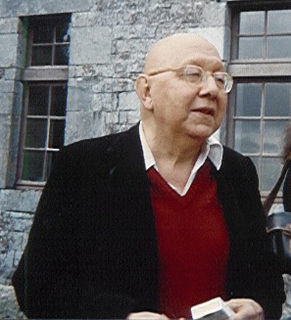 W
WCornelius Castoriadis was a Greek-French philosopher, social critic, economist, psychoanalyst, author of The Imaginary Institution of Society, and co-founder of the Socialisme ou Barbarie group.
 W
WDebiprasad Chattopadhyaya was an Indian Marxist philosopher. He made contributions to the exploration of the materialist current in ancient Indian philosophy. He is known for Lokayata: A Study in Ancient Indian Materialism, which is his exposition of the philosophy of Lokayata. He is also known for work on history of science and scientific method in ancient India, especially his 1977 book Science and Society in Ancient India on the ancient physicians Charaka and Sushruta. He was awarded the Padma Bhushan, India's third highest civilian honour, posthumously, in 1998.
 W
WJean-Louis Chrétien was a French philosopher in the tradition of phenomenology, as well as a poet and religious thinker. Author of over thirty books, he was the 2012 winner of the Cardinal Lustiger Prize for his life’s work in philosophy. At his death, he was professor emeritus of philosophy at the Sorbonne.
Marek Aleksander Cichocki is a Polish philosopher, historian of political thought, journalist, conservative columnist and former advisor to Lech Kaczyński, the late president of Poland.
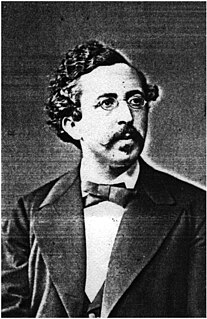 W
WHermann Cohen was a German Jewish philosopher, one of the founders of the Marburg school of neo-Kantianism, and he is often held to be "probably the most important Jewish philosopher of the nineteenth century".
 W
WLambros Couloubaritsis is a Greek-born Belgian philosopher.
 W
WManuel Curado is a Portuguese essayist and philosopher dedicated to Biomedical Ethics, Philosophy of Mind, and the History of Ideas. He has worked the following issues: the intellectual history of the idea of a universal language and the idea of machine translation, or automatic translation, the problem of human consciousness and its relationship with the brain, the relationship between science and religion, studies about the European and Portuguese intellectual history, academic editions of works by ancient authors, the history of Psychiatry and history of the Portuguese Jewish heritage in Medicine and Philosophy, and the history of literary representations of mental life.
 W
WArthur Coleman Danto was an American art critic, philosopher, and professor at Columbia University. He is best known for having been a long-time art critic for The Nation and for his work in philosophical aesthetics and philosophy of history, though he contributed significantly to a number of fields, including the philosophy of action. His interests included thought, feeling, philosophy of art, theories of representation, philosophical psychology, Hegel's aesthetics, and the philosophers Friedrich Nietzsche and Jean-Paul Sartre.
 W
WSurendranath Dasgupta was a scholar of Sanskrit and philosophy.
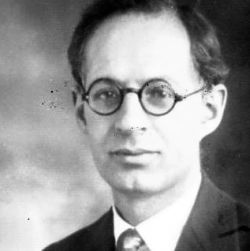 W
WRaphael Demos was a Greek-American philosopher. He was Alford Professor of Natural Religion, Moral Philosophy and Civil Polity, emeritus, at Harvard University and an authority on the work of the Greek philosopher Plato. At Harvard, he taught Martin Luther King Jr.
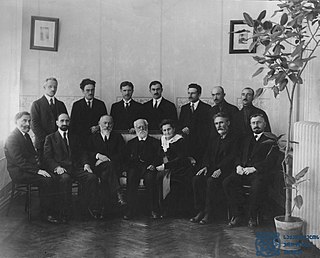 W
WSeit Devdariani was a Georgian philosopher and political activist who was executed during Joseph Stalin's Great Purge.
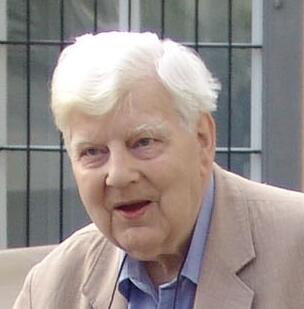 W
WSir Michael Anthony Eardley Dummett (1925–2011) was an English academic described as "among the most significant British philosophers of the last century and a leading campaigner for racial tolerance and equality." He was, until 1992, Wykeham Professor of Logic at the University of Oxford. He wrote on the history of analytic philosophy, notably as an interpreter of Frege, and made original contributions particularly in the philosophies of mathematics, logic, language and metaphysics. He was known for his work on truth and meaning and their implications to debates between realism and anti-realism, a term he helped to popularize. He devised the Quota Borda system of proportional voting, based on the Borda count. In mathematical logic, he developed an intermediate logic, already studied by Kurt Gödel: the Gödel–Dummett logic.
 W
WFeng Youlan was a Chinese philosopher, historian, and writer who was instrumental for reintroducing the study of Chinese philosophy in the modern era.
 W
WJames Frederick Ferrier was a Scottish metaphysical writer and philosopher. He introduced the word epistemology in philosophical English, as well as coining agnoiology for the study of ignorance.
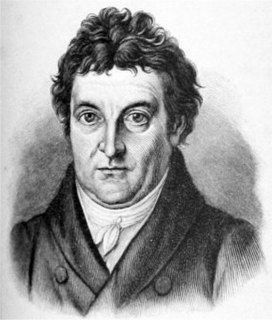 W
WJohann Gottlieb Fichte was a German philosopher who became a founding figure of the philosophical movement known as German idealism, which developed from the theoretical and ethical writings of Immanuel Kant. Recently, philosophers and scholars have begun to appreciate Fichte as an important philosopher in his own right due to his original insights into the nature of self-consciousness or self-awareness. Fichte was also the originator of thesis–antithesis–synthesis, an idea that is often erroneously attributed to Hegel. Like Descartes and Kant before him, Fichte was motivated by the problem of subjectivity and consciousness. Fichte also wrote works of political philosophy; he has a reputation as one of the fathers of German nationalism.
 W
WLuciano Floridi is currently Professor of Philosophy and Ethics of Information and Director of the Digital Ethics Lab, at the University of Oxford, Oxford Internet Institute, Professorial Fellow of Exeter College, Oxford, Senior Member of the Faculty of Philosophy, Research Associate and Fellow in Information Policy at the Department of Computer Science, University of Oxford, and Distinguished Research Fellow of the Oxford Uehiro Centre for Practical Ethics. He is also Adjunct Professor, Department of Economics, American University, Washington D.C. He is Turing Fellow and Chair of the Data Ethics Group (DEG) of the Alan Turing Institute
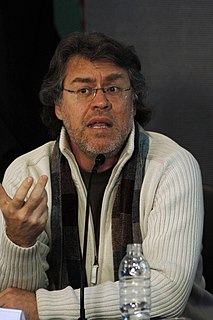 W
WRicardo Forster is an Argentine philosopher, historian of ideas and political critic.
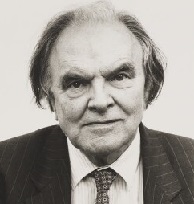 W
WPeter Thomas Geach (1916–2013) was an English philosopher and professor of logic at the University of Leeds. His areas of interest were philosophical logic, ethics, history of philosophy, philosophy of religion and the theory of identity.
 W
WArvid (Arvi) Grotenfelt, was a Finnish philosopher and psychologist.
 W
WJürgen Habermas is a German philosopher and sociologist in the tradition of critical theory and pragmatism. His work addresses communicative rationality and the public sphere.
 W
WGeorg Wilhelm Friedrich Hegel was a German philosopher and the most important figure in German idealism. He is considered one of the fundamental figures of modern Western philosophy, with his influence extending to the entire range of contemporary philosophical issues, from aesthetics to ontology to politics, both in the analytic and continental tradition.
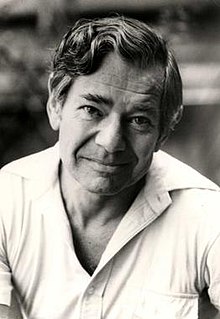 W
WWalter Arnold Kaufmann was a German-American philosopher, translator, and poet. A prolific author, he wrote extensively on a broad range of subjects, such as authenticity and death, moral philosophy and existentialism, theism and atheism, Christianity and Judaism, as well as philosophy and literature. He served more than 30 years as a professor at Princeton University.
 W
WSir Anthony John Patrick Kenny is an English philosopher whose interests lie in the philosophy of mind, ancient and scholastic philosophy, the philosophy of Wittgenstein and the philosophy of religion. With Peter Geach, he has made a significant contribution to analytical Thomism, a movement whose aim is to present the thought of St. Thomas Aquinas in the style of analytic philosophy. He is one of the executors of Wittgenstein's literary estate. He is a former President of the British Academy and the Royal Institute of Philosophy.
 W
WPhilip Stuart Kitcher is a British philosophy professor teaching at Columbia University who specialises in the philosophy of science, the philosophy of biology, the philosophy of mathematics, the philosophy of literature, and more recently pragmatism.
 W
WRudolf Hermann Lotze was a German philosopher and logician. He also had a medical degree and was well versed in biology. He argued that if the physical world is governed by mechanical laws, relations and developments in the universe could be explained as the functioning of a world mind. His medical studies were pioneering works in scientific psychology.
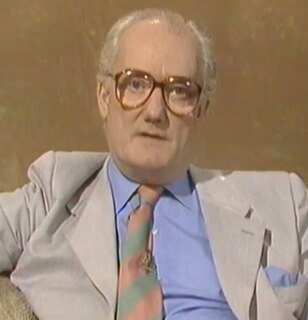 W
WBryan Edgar Magee was a British philosopher, broadcaster, politician and author, best known for bringing philosophy to a popular audience.
 W
WSidney Morgenbesser was a Jewish American philosopher and professor at Columbia University. He wrote little but is remembered by many for his philosophical witticisms. One of the best known anecdotes has J. L. Austin claiming that, although a double negative often implies a positive meaning, there is no language in which a double positive implies a negative. To which Morgenbesser retorts: "Yeah, yeah." Another concerns Heidegger's "Why is there something rather than nothing?" To this Morgenbesser's response was: "And if there were nothing? You'd still be complaining!"
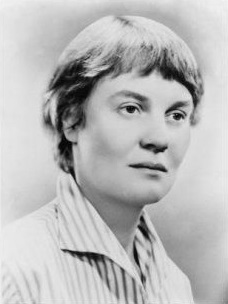 W
WDame Jean Iris Murdoch was an Irish and British novelist and philosopher. Murdoch is best known for her novels about good and evil, sexual relationships, morality, and the power of the unconscious. Her first published novel, Under the Net, was selected in 1998 as one of Modern Library's 100 best English-language novels of the 20th century. Her 1978 novel The Sea, the Sea won the Booker Prize. In 1987, she was made a Dame by Queen Elizabeth II for services to literature. In 2008, The Times ranked Murdoch twelfth on a list of "The 50 greatest British writers since 1945".
 W
WPaul Gerhard Natorp was a German philosopher and educationalist, considered one of the co-founders of the Marburg school of neo-Kantianism. He was known as an authority on Plato.
 W
WZaid Melikovich Orudzhev is an Azerbaijani-born Russian academic specialising in the history of philosophy, dialectical logic and sociological methodology. He is a doctor of philosophy and currently a professor at the Moscow State Academy for Business Administration.
 W
WElena Oznobkina was a philosopher, theorist, historian of philosophy, lecturer, translator, editor, journalist, researcher of penitentiary systems, and Russian human rights activist. She is best known as a researcher of modern Western philosophy, a translator and editor of translations of Nietzsche and Husserl into Russian, a critic of the Russian penitentiary system, and the editor of the Russian edition of Index on Censorship magazine.
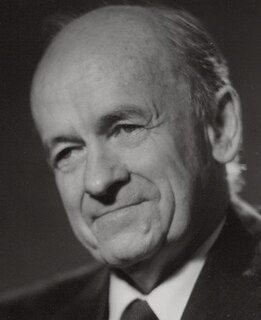 W
WJohn Passmore AC was an Australian philosopher.
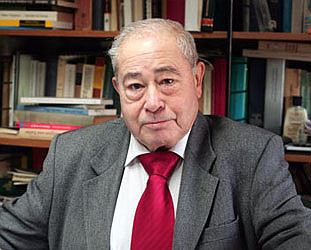 W
WDalmacio Negro Pavón is a Spanish university professor and author, member of the Spanish Royal Academy of Moral and Social Sciences.
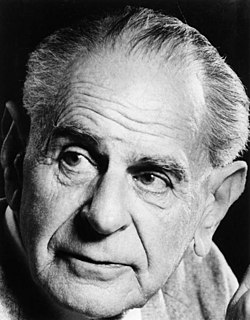 W
WSir Karl Raimund Popper was an Austrian-British philosopher, academic and social commentator.
 W
WGiovanni Reale was an Italian historian of philosophy.
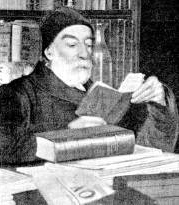 W
WCharles Bernard Renouvier was a French philosopher. He considered himself a "Swedenborg of history" who sought to update the philosophy of Kantian liberalism and individualism for the socio-economic realities of the late nineteenth century, and influenced the sociological method of Émile Durkheim.
 W
WAmélie Oksenberg Rorty was a Belgian-born American philosopher known for her work in the philosophy of mind, history of philosophy, and moral philosophy.
 W
WDumitru D. Roṣca was a Romanian philosopher, professor and member of the Romanian Academy.
 W
WBertrand Arthur William Russell, 3rd Earl Russell was a British polymath, philosopher, logician, mathematician, historian, writer, social critic, political activist, and Nobel laureate. Throughout his life, Russell considered himself a liberal, a socialist and a pacifist, although he also sometimes suggested that his sceptical nature had led him to feel that he had "never been any of these things, in any profound sense". Russell was born in Monmouthshire into one of the most prominent aristocratic families in the United Kingdom.
 W
WGeoffrey Sayre-McCord is a philosopher who works in moral theory, meta-ethics, the history of ethics, and epistemology. He teaches at the University of North Carolina, Chapel Hill. He is also the director of the Philosophy, Politics and Economics Society.
 W
WCarlos Andrés Segovia y Corral, 2nd Marquis of Salobreña is a Spanish nobleman and academic specialising in philosophy and religious studies.
 W
WLady Mary Shepherd, née Primrose was a Scottish philosopher who published two philosophical books, one in 1824 and one in 1827. According to Robert Blakey, in her entry in his History of the Philosophy of the Mind, she exercised considerable influence over the Edinburgh philosophy of her day.
 W
WRobert C. Solomon was an American professor of philosophy at the University of Texas at Austin, where he taught for more than 30 years. Professor Solomon won many teaching honors, including the Standard Oil Outstanding Teaching Award in 1973; the University of Texas President's Associates Teaching Award (twice); a Fulbright Lecture Award; University Research and National Endowment for the Humanities Grants; and the Chad Oliver Plan II Teaching Award in 1998.
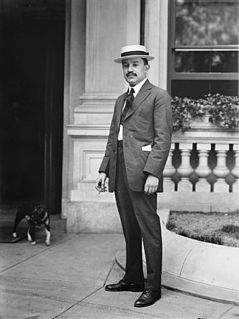 W
WJosé Vasconcelos Calderón, called the "cultural caudillo" of the Mexican Revolution, was an important Mexican writer, philosopher, and politician. He is one of the most influential and controversial personalities in the development of modern Mexico. His philosophy of the "cosmic race" affected all aspects of Mexican sociocultural, political, and economic policies.
 W
WJosé Luis Villacañas Berlanga is a Spanish political philosopher and historian of political ideas.
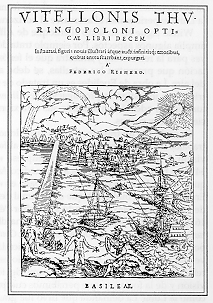 W
WVitello was a Silesian friar, theologian and natural philosopher of German-Polish descent. He is an important figure in the history of philosophy in Poland. The lunar crater Vitello is named after him.
 W
WWilhelm Windelband was a German philosopher of the Baden School.
 W
WRobert Zimmer is a German philosopher and essayist who writes biographies and popular introductions to philosophy and to the history of philosophy.